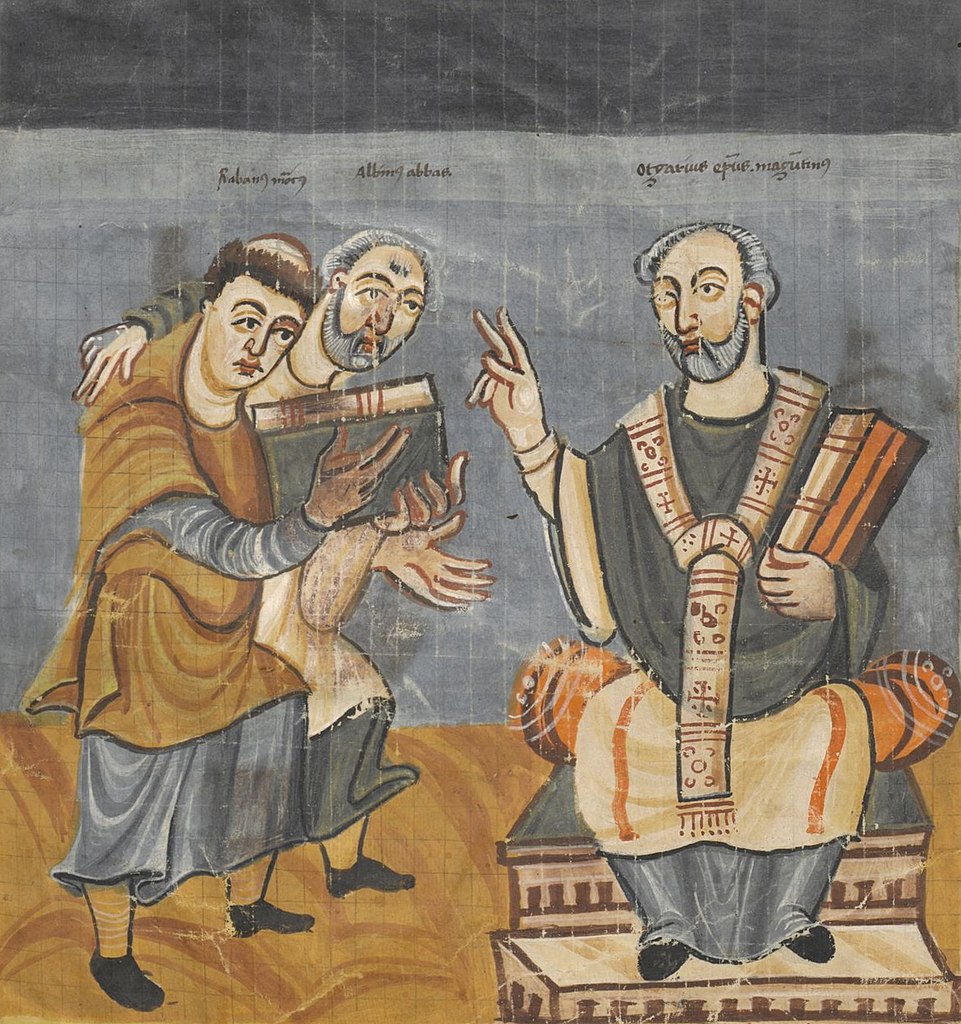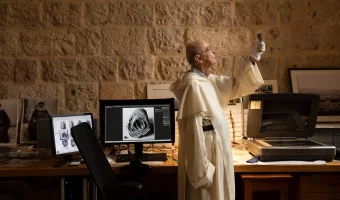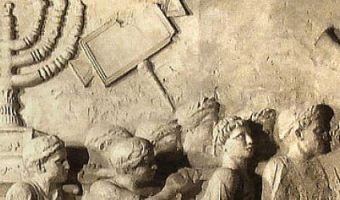How can one effectively deal with the biblical text, even in one’s own language, if one is not well equipped with a set of notions and tools for decoding and interpreting it?
Who among us has never had the strange sensation of saying, “The only thing I understand about this text is that it is written in my mother tongue” – and turning the pages in the anguished hope of grasping some of its meaning?
If the interpretation of any text is already an art and a demanding responsibility, how much more so must it be for the Text of texts, Holy Scripture, read as God’s verbally articulated Revelation ?
This is a very old and at the same time new and current text, and in order to understand it well, one must be adequately informed on three levels :
1- the internal functioning of the biblical documents (Text) ;
2- knowledge about the peoples, cultures, rituals, and living environments that, in some way, flavoured or accompanied the production of the Bible (Context)
3- and, finally, the ways in which the Bible has been received, transmitted and understood, honoured or contested, translated into art, thought, music… (Reception).
My main interest in the Bible in its Traditions has been in the Context section, especially the ancient texts and, in terms of its Reception, music. Nevertheless, I have also been able to enrich myself by considering, sometimes modifying, the many notes produced by excellent contributors in almost all the annotation sections. Throughout my involvement in our research programme, what I see as a major challenge is selection. Selection at two levels :
- The selection of sources of information,
- and the choice of contents which, converted into notes, deserve to accompany our biblical texts.
If we consider that all areas of human culture are progressing faster and faster, and that our annotation base consists of 24 levels, then the problem of replacing old knowledge with new knowledge is multiplied by … 24 !
Of course, the Bible in its Traditions aims to show treasures from all eras, but it is not possible to present everything. Our intention to offer readers the most useful and memorable content leads us to discern and eliminate what might be outdated, useless or hypothetical. Once we have made our choice, we still have to translate the texts and write the notes as best we can!
Finally, these are the research goals that I am making more and more my own, working on our programme :
1- that readers may approach the Bible in a safe and erudite way,
2- that they may admire its beauty and density, its power and wisdom, its influence and presence among peoples and centuries
3- and may it do them good!
Fr. Jorge Vargas-Corvacho, O. P.




